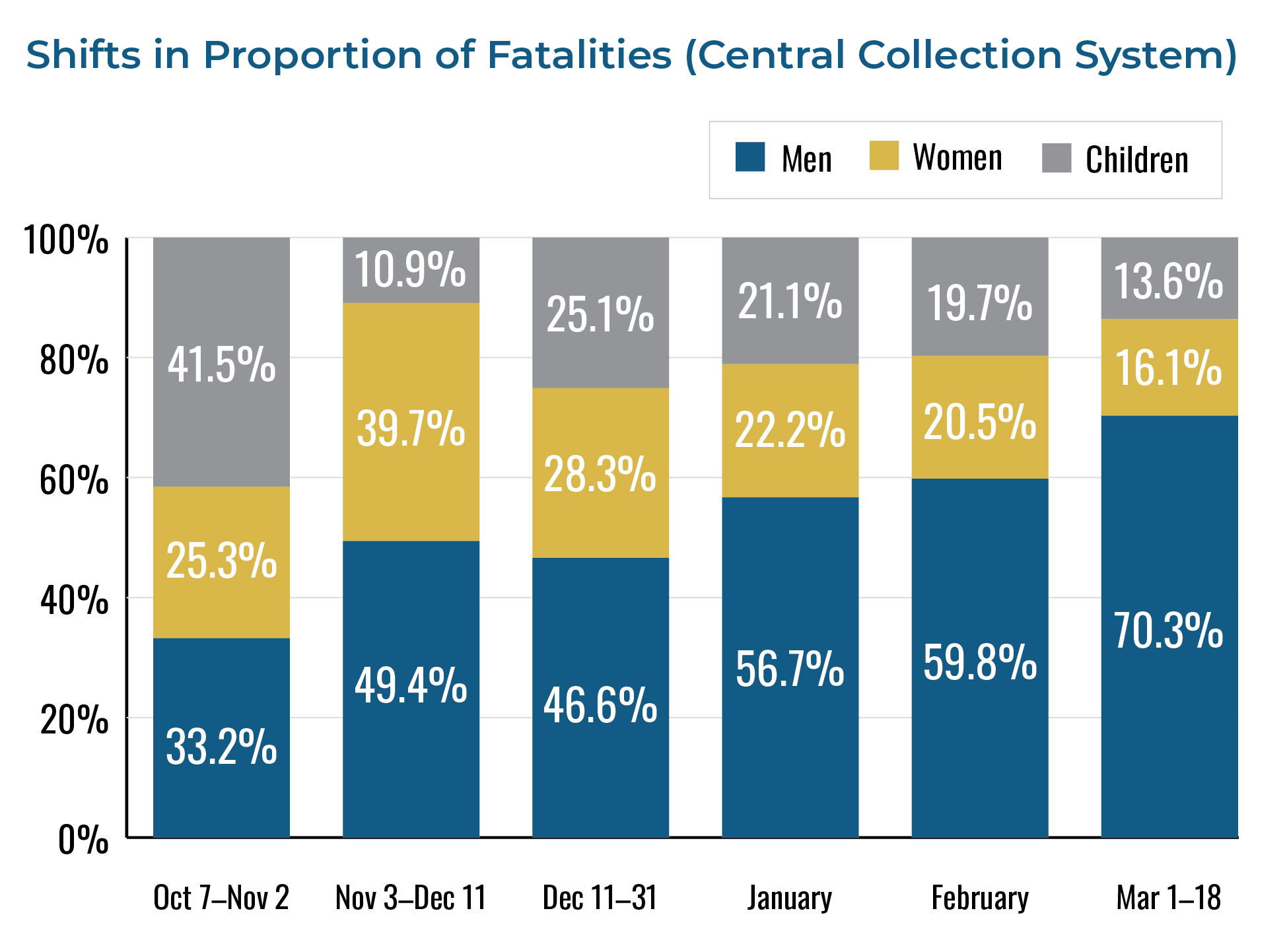- Oct 19, 2012
- 1,799
- 589
- 198
Direct human implications? No, it has animal implications, like pigs aren't kosher.Well yes I did. I also noticed that the specific reason given by God why the flesh of swine is unclean is because swine do not ruminate , chew the cud, which has direct human implications.
And so? If I call you a horse, or a fly, who cares? You are straining at gnats. You want the text not to mean what it says. That's fine. It still says what it says.Didn't you notice that in every nation tribe kingdom and language people have compared other people to lower beasts to either praise or insult ever since people could talk. Think already!




